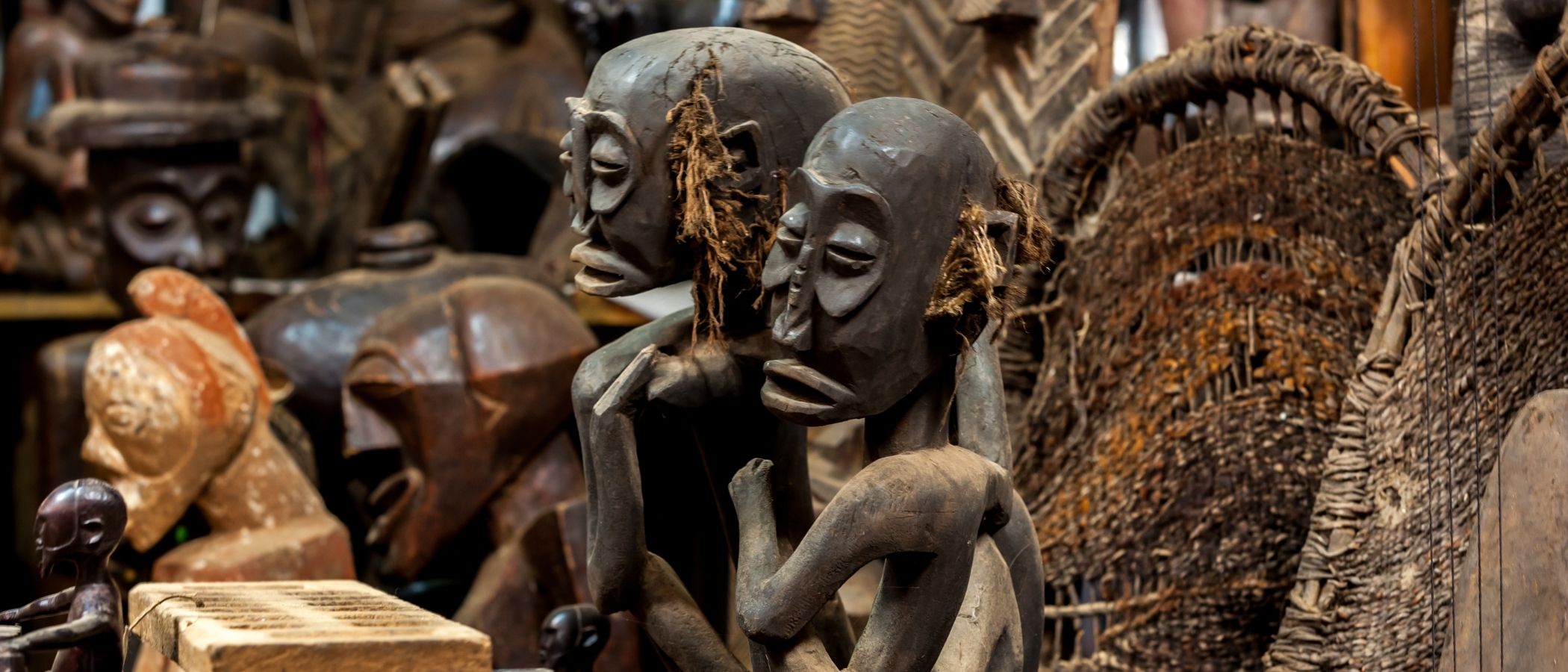Introduction to Anthropology
Course Overview

Anthropology as a field asks what it means to be human.
Course Objectives
What is natural and what is cultural? This course is an introduction to the discipline of anthropology as a whole. It presents students with a theoretical grounding in the four major subfields: archaeology, biological anthropology, cultural anthropology, and linguistics. In this class the emphasis is on the holistic nature of the discipline. Students will explore key questions about human diversity in the past, present, and future. Through a broad survey, topics will include: genetics, evolutionary mechanisms, primate studies, the human fossil record; theories of prehistoric archaeology; the cross-cultural treatment of economic, legal, political, social and religious institutions; basic structural features of language, human and animal communication, and evidence for the innate nature of language.
Course Information
- Course Number:
- ANT 101
- Credit:
- 3
- Grading:
- Letter-based Grading A-F
- Categories:
- Humanities and Social Science
Program Information
- Summer College Program
Emory Summer College is a nonresidential program in which exceptional high school students, who have completed their sophomore or junior year, may enroll in Emory undergraduate courses and earn college credit.
Course Dates and Details
| Program | Course Dates | Class Time | Format | Status |
|---|---|---|---|---|
| Summer College Program | Session 1: Sat, May 17 - Thu, Jun 26, 2025 |
| online | open |
Instructors
Kristen Broehl
I am a biological anthropologist with a strong interest in teaching. I love to share my passion for anthropology with students and show how it is relevant to our everyday lives. Additionally, I am interested in increasing diversity, equity, and justice within academia and beyond.
For research, my foci are in bioarchaeology and forensic anthropology. Within bioarchaeology, I am interested in using biological distance (biodistance) analysis of dental and skeletal remains in California to evaluate the relationship between biological and cultural affinity in past populations. For example, might similar mortuary practices between individuals at a site indicate biological kinship? Are culture changes related to migration? My dissertation explored such questions at a precolonial site in the San Francisco Bay Area with permission of descendant groups. Within forensic anthropology, I am interested in validating or developing methods for estimating the biological profile from unidentified skeletal remains when the most diagnostic features are absent (e.g., using the teeth or bones of the hands and feet). I have assisted with casework in several states, such as search and recovery of remains from victims of the Camp Fire wildfire in Paradise, CA in 2018.